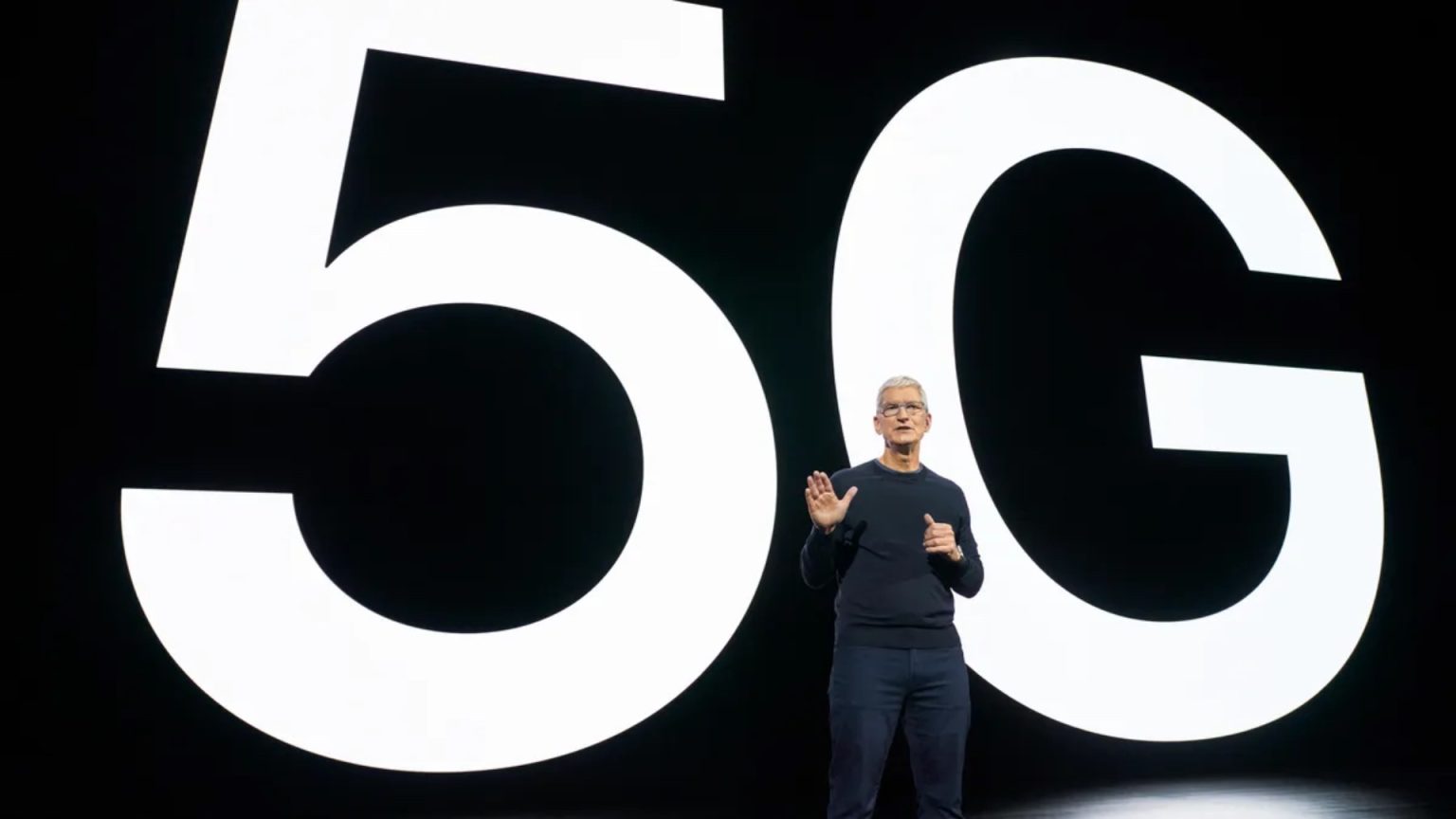Apple appears to already be seeking talent for researching the sixth-generation cellular technology standard, otherwise known as 6G. A recent job listing first spotted by Bloomberg indicates that the company is looking for engineers to lead early work on the next-generation cellular standard.
According to the job listing, Apple is looking to hire an experienced engineer as a Modem Systems Software Architect to “drive and coordinate the design and modeling of a 6G reference architecture,” reads a section of the job’s description. As the 6G standard is yet to be fully ratified and approved by any organization, Apple’s job listing strongly emphasizes researching and prototyping various implementations of 6G to assess their feasibility.
The role also mentions proficiency in artificial intelligence and machine learning for applications in wireless communication design, suggesting that 6G will rely more heavily on these technologies than 5G. The job listing in question is the most recent of three open positions that went live between late October and late November and includes mentions of 6G. One of the three roles also focuses on the deployment of 5G Advanced, which is rumored to be headed to next year’s iPhone 16 Pro.

Discover new horizons, always connected with eSIM
Travel the world stress and hassle-free with the best eSIM service available. Enjoy unlimited data, 5G speeds, and global coverage for affordable prices with Holafly. And, enjoy an exclusive 5% discount.
Despite these job listings, don’t hold your breath for a 6G-ready iPhone anytime soon. The 6G standard is yet to be defined by 3GPP, the worldwide agency responsible for certifying cellular standards. Moreover, experts believe that 6G won’t be available to the public until 2030 at the earliest. Work on 6G remains evidently early, but the next-generation standard is said to mainly focus on AR/VR and autonomous driving applications, which are two areas Apple is heavily invested in.
In the meantime, Apple continues to work on developing its custom 5G modems that it hopes to commercially release on the iPhone within the next two years. The project has hit multiple roadblocks with slow progress and numerous delays as previously reported, but the company nonetheless remains interested in pursuing the ambitious project in hopes of limiting its reliance on Qualcomm.





